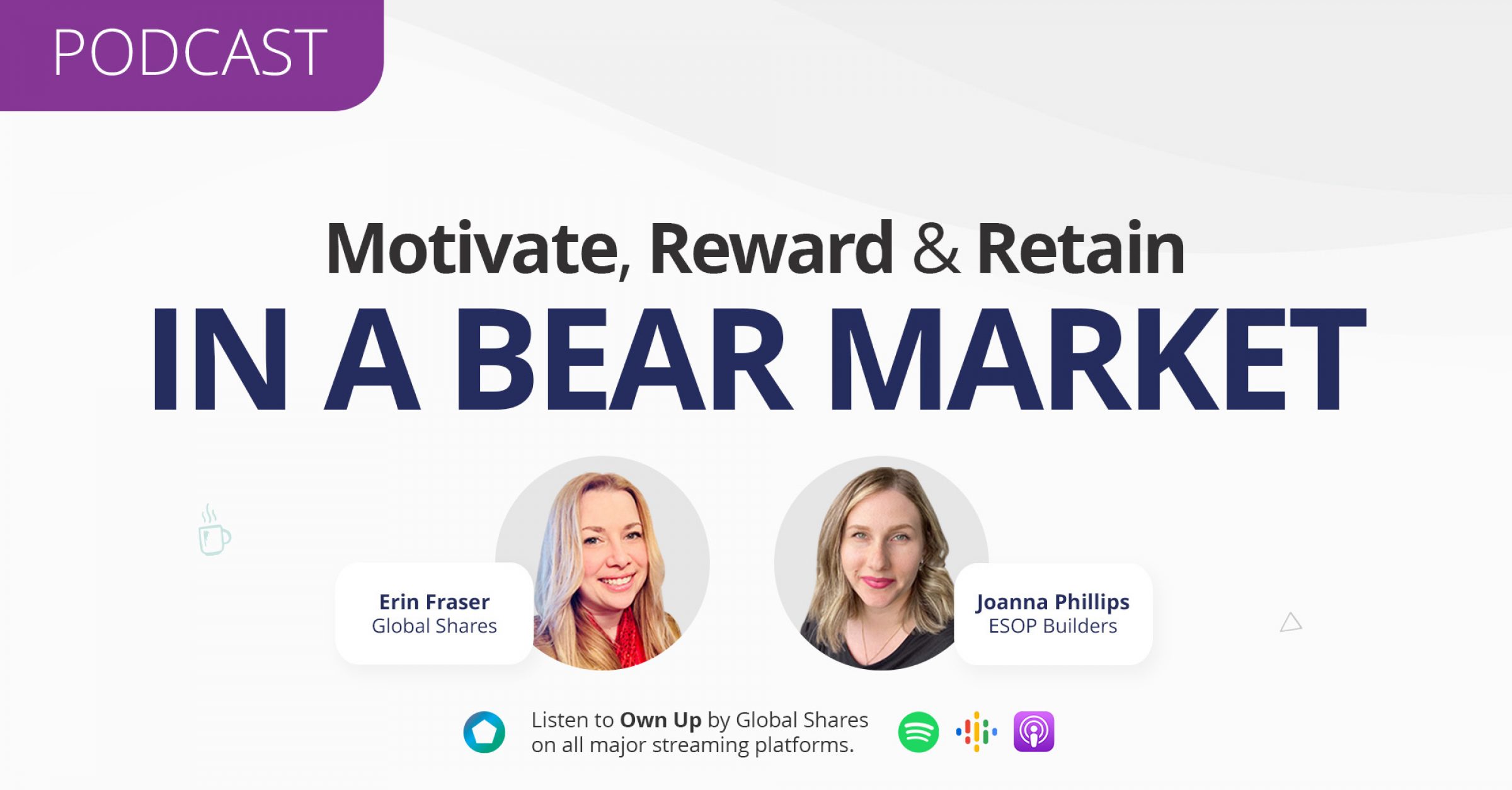The process of taking a private company public has never been straightforward, but once upon a time, all senior management needed to focus on when putting together an initial public offering (IPO) prospectus for potential investors was key business-related financial metrics.
Increasingly, it looks like those days are behind us, with a new emphasis emerging in recent times – and only likely to become more important in the years ahead – whereby investors want to see a broader range of information before they will be persuaded to partner with a business actively seeking outside investment. This new emphasis sees increasing numbers of investors wanting to be satisfied that companies looking for investment have a good track record and ongoing strategies around environmental, social, and governance (ESG) matters, as well as meeting expectations on purely financial considerations.
The net effect of this shift has been to make the road to IPO even more complex than it used to be, but the focus on ESG-related matters also represents an opportunity for businesses. Companies that embrace this change and take seriously the concerns at the heart of it can expect to secure a competitive advantage over companies that might match them on financial metrics but come up short on ESG.
What is ESG?
As mentioned above, the acronym ESG encompasses environmental, social, and governance. In this context, all three terms reference a range of activities, expectations, and issues, and companies can choose – and increasingly are being instructed by regulators – to make disclosures on their activities under these headings.
Generally, the term itself refers to the examination of a company’s policies and practices under those three headings, as well as measurable progress against specified benchmarks. Essentially, an ESG program is a form of risk management, in that each issue identified represents a potential material or reputational risk to the business and each course of action committed to an attempt to ameliorate that risk.
Effective ESG policies and declarations will be the product of considerable internal discussion, time, thought, and effort, and therefore cannot be treated as an afterthought, or tacked on to an IPO at the last moment. If a company treats ESG as a glorified box-ticking exercise, potential investors will not be fooled and will be less likely to back your business, no matter how sound your financial declarations.
There is no definitive list of ESG factors, and sometimes they will be interlinked, i.e., an issue might overlap between two or more of the individual headings. Broadly, environmental factors relate to the conservation of the natural world, social factors address people and relationships, and governance factors address the standards for running a company.
Among the questions that a company serious about ESG will ask itself and need to answer are:
Environmental:
- What is your carbon footprint?
- What is the timeline for the business to achieve net zero carbon emissions?
- Are you fully informed on how and where you source your raw materials?
Social:
- Where does the company stand on implementing polices geared towards diversity, inclusion, and equity in the workplace?
- What is your approach to employee health and safety?
- Do you have rigorous rules in place on data protection and privacy?
Governance:
- How do you go about guaranteeing accountability and transparency among board members and company executives?
- What is your whistleblower policy?
- Is your audit committee properly resourced to oversee ESG disclosures?
Why ESG attracts investors
For want of a less high-minded way of putting it, when we talk about ESG in this context, we are essentially referring to ethical investing. Contrary to some impressions this phrase might bring to mind, this does not mean investing with less expectation of a return. On the contrary, ESG-conscious investors are the same as any other investor – they are first and foremost going to back companies that they believe will be winners over time. ESG considerations are part of this equation; investors will back companies who demonstrate a commitment to ESG because of that commitment, but only if the financial metrics also pass muster.
In other words, the emphasis on ESG isn’t about companies or investors penalizing themselves in the interests of a greater societal good. On the contrary, this relatively new trend in investing is a sign than an ESG emphasis is linked with an expectation of better returns – ethical, socially aware practices are now seen as being good for business, companies with high ESG ratings have demonstrated a capacity to be more resilient during challenging times (the European Capital Markets Institute has reported that companies who emphasized ESG tended to better withstand the stock markets turmoil seen during the pandemic), and arising from that, businesses seen to do more than pay lip service to ESG are increasingly viewed as a good bet in the investment community… but only if the conventional pieces of the jigsaw – the financial metrics – also stand up to scrutiny.
It’s not an either/or-type scenario. Increasingly, investors want to see strong financial and non-financial (i.e., ESG) declarations, and if your business can’t match that expectation then investors are increasingly likely to pass on you and look for another company that does. So, no matter how strong the financial element of your company story, if you neglect the ESG story, then you may not attract the kind of investor buzz you hope for, but the vice versa is also the case – an impressive ESG story matched with less than impressive financial declarations will most likely not be well received.
This investor attitude was captured in a recent Global Investor Survey conducted by PwC. In this report, 325 investment professionals were polled on how ESG impacts on their decision-making. Nearly 80% said ESG was a major factor in their evaluation process, while almost half indicated they would divest from companies they felt were not delivering on their ESG commitments. Also worthy of note is the fact that almost half of respondents said they would not be willing to take a hit on returns arising from the focus on ESG, while most indicated they would not be willing to accept a reduction of more than 1%.
Ethical investing is accounting for more of the investment cake not because it’s the right thing to do, but because of the expectation that these investments can and will offer strong returns over time. Part of the logic is that issues such as climate change are becoming ever more pressing and businesses that demonstrate an awareness of and commitment to playing their part in tackling that crisis will fare better over the long haul and that helps to make them more attractive to ESG-conscious investors in the here and now, while businesses that fail to show this awareness are increasingly being viewed as less appealing.
To underscore the shift that is currently taking place in the investment world, a Reuters story on this topic at the end of last year was headlined “How 2021 became the year of ESG investing”. In that piece, it was reported that a record $649 billion had been invested in ESG-focused funds that year up to the end of November, with this figure outstripping the $542 billion and $285 billion recorded for 2020 and 2019, respectively.
The 2021 figures also meant that ESG funds had come to account for 10% of worldwide fund assets, with this percentage share only expected to increase in the coming years.

ESG and the road to IPO – What do you need to do?
In any company, the responsibility for developing ESG objectives pre-IPO and then overseeing implementation, measurement, and reporting of those goals will fall to senior management. However, board members should also play an active role in the process, pushing the idea that ESG needs to be taken seriously and should form a vital part of the company’s go-to-market strategy.
There are several questions that key leaders and decision-makers in the business should seek to answer as part of a deliberate mission to properly embed ESG principles and plans into the company’s pre- and post-IPO strategies.
Among those questions are:
What is the company’s purpose?
By this, we mean what is the company’s purpose beyond making a profit. This is not to downplay the importance of making money; instead, the point is to emphasize that ESG is about non-financial aspects of the company’s operations.
When we talk about a purpose beyond making money, this implies an overarching strategy detailing how the company interacts with and seeks to benefit all relevant stakeholders. Companies who seek to operate under this ethos will tend to take ESG seriously and have both their day-to-day and long-term decision-making informed by those principles.
What are the main ESG issues that should be considered?
As listed earlier, there are several questions that companies can ask of themselves as it relates to ESG, with the specifics perhaps differing depending upon the sector you operate in.
Again, some of the key questions will focus on diversity and inclusion initiatives, tackling your carbon footprint, and the structure of your board.
How do your likely investors view ESG?
When you have a clear sense of your investor profile, you can then ask yourself what elements of ESG are likely to be of most interest to them when assessing potential investment opportunities. You shouldn’t view this as a cynical exercise whereby your commitment to ESG extends only as far as focusing on narrow points that you think will make you more investor friendly. More correctly, the point here is merely to be sensible and prioritize those points as elements to be acted on first, with whatever other action is relevant to your business circumstances to then follow.
How will you measure your ESG performance?
It is particularly important that you come up with clear answers to this question as early in the process as possible. It will be self-defeating if you come up with sound ESG strategies, but don’t properly measure your achievements over time. Measurement is vital when disclosing information, as if you can’t offer clear, quantifiable data highlighting your progress, then that progress may not be properly appreciated.
In general, it is the job of board members to hold senior personnel accountable for coming up with plans, metrics, and timetables for improving the company’s ESG performance.
How will you report your ESG performance?
The ESG journey is an ongoing one. It is not a matter of writing up a list of objectives, reporting on them a couple of years later and then forgetting about it. While it is important to be on top of ESG pre-IPO, it will remain an active issue post-IPO, with all relevant stakeholders keeping a close eye on your performance, to see that you follow through on your ESG pledges.
When devising your approach to ESG disclosures/reporting, consider the following points:
- Be clear on the short- and long-term goals of your ESG strategy, constantly monitor and update that strategy over time, and keep internal teams updated on the current state of play.
- Be sure to gather all relevant information from internal stakeholders, as this will inform your data analysis and final content of any ESG disclosure.
- Decide what reporting framework best meets your needs.
- Look to ensure that all information included in your disclosure is reliable and transparent.
- In your disclosure, establish a clear connection between your ESG-related activities and your overall business strategy.
How companies with an ESG focus can benefit
As well as attracting more interest from investors, companies deemed to be excelling on ESG can also expect to benefit in other ways.
General reputation:
Regular ESG disclosures can act as a brand management tool. When companies are seen to take these issues seriously over an extended period of time, it will impact on how they are seen by business peers, the media, and the public at large.
Competitive edge:
Just as investors now place more emphasis on sustainability concerns, so too do the general public. With awareness around these issues at an all-time high, increasing numbers of people are becoming more conscious and discerning about their spending choices, i.e., the perceived values of companies matter. Put simply, consumers are more focused now on wanting to support companies that they believe are seeking to contribute towards the betterment of the environment and society as a whole. A great way to reassure current and potential customers that yours is one such company is to show your commitment to ESG over time.
Recruitment and retention:
Just as consumers now pay more heed to sustainability and social justice issues, so too do current and potential future employees. More than ever, workers – particularly younger workers – pay heed to the ethos of companies and want to see that they are genuinely committed to creating positive change in the world. Just as with the broader point on investors and ESG, the financial side of things needs to be right, but once it is, if your company can offer the prospect of purposeful employment, then that may be the decisive factor in recruiting and retaining key personnel.
ESG is still an emerging area, but it is only likely to become more important in the years ahead, with investors becoming increasingly focused on wanting to see evidence of genuine engagement in issues relating to the environment, social, and governance aspects of any company seeking investment. That – combined with moves towards formal regulatory requirements – means companies considering going down the IPO route need to be clear on what will be required of them. Against that backdrop, the best advice is to be pro-active, seize the initiative, and look to inform yourself on ESG issues at the earliest opportunity and commit to that journey as part of your early pre-IPO preparations. Financial reporting will continue to be vitally important, but in the future how you perform on non-financial reporting may prove to be the deciding factor in whether your IPO succeeds or falls short of expectations.
Please Note: This publication contains general information only and Global Shares is not, through this article, issuing any advice, be it legal, financial, tax-related, business-related, professional or other. The Global Shares Academy is not a substitute for professional advice and should not be used as such. Global Shares does not assume any liability for reliance on the information provided herein.








